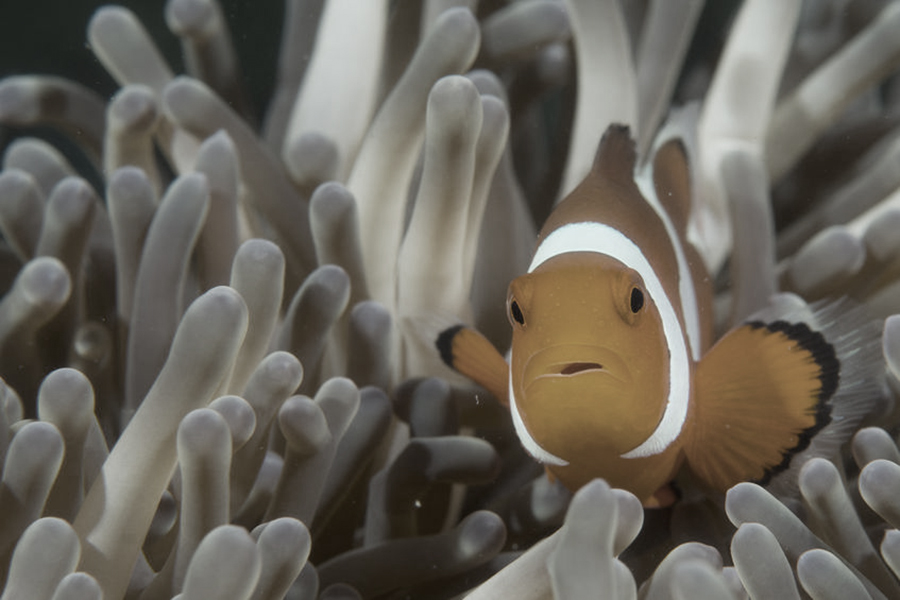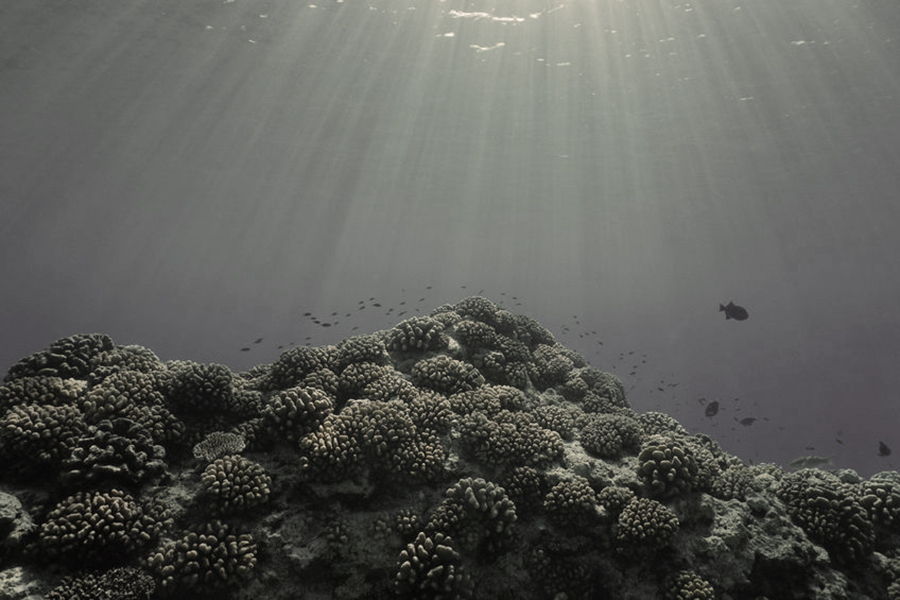
Located in East Africa, northeast of Madagascar, and has been named “Garden of Eden in the Indian Ocean,” the Republic of Seychelles, is made up of 115 islands with a population of not more than one hundred thousand. With the world’s second largest coral atoll, the Aldabra atoll and stretches of white sandy beaches, it is an internationally renowned holiday location as well as, home to endangered dugong and Aldabra giant tortoise.
Seychelles’ High National Debt
Due to Seychelles’ territories being surrounded by oceans, its economy is almost entirely dependent on tourism and fishing thus, under various factors they accumulated a high national debt. In 2016, Seychelles agreed to a proposal from The Nature Conservancy (TNC) on a debt for conversion swap. The transaction converts a portion of the nation’s foreign debt into a 22 million dollar investment furthermore, TNC helped secure an additional 5 million dollar grant in private funds. As part of the debt conversion, Seychelles committed to increasing its marine protection to 30 percent of its Exclusive Economic Zone and ensuring representation of all marine habitats and species before 2021. On 21 February, 2018, Seychelles announced two new Marine Protected Areas covering 210,000 square kilometers.
Oscar-winner actor Leonardo DiCaprio, who has long been committed to environmental protection, has also funded this project with considerable confidence. At the same time, if this plan is successful, he hopes that more countries can refer to this model in the future.

Coral Reefs in Urgent Need of Protection
There are 500 million people worldwide who rely on the ecological environment provided by coral reefs. Due to global warming, rising sea levels, coral atolls which are very sensitive to water temperatures become particularly fragile and has caused a massive die-off over the past 20 year of coral reefs in the Seychelles. In addition, overfishing and the prosperity of the tourism industry have also impacted in many other ways.
Coral reefs are often called the “tropical rainforests of the sea” for their astounding richness of life. Coral reefs are some of the most diverse ecosystems in the world, housing tens of thousands of marine species and is the foundation of its food chain. When coral reefs start to bleach and die, the area’s ecosystem disintegrates with it.
The total area of the world’s coral reefs amounts to less than one quarter of 1% of the entire marine environment yet it is home to 25 percent of all marine life. If we do not bring down carbon dioxide in the atmosphere soon, scientists estimate that 90 percent of coral reefs will disappear within 30 to 40 years.

Marine Reserve
Although Seychelles’ fishermen can understand the importance of marine conservation however, there are doubts among some regarding the establishment of marine protected areas. At present due to the weather, fishing has become increasingly difficult and more areas will be banned from fishing thus they fear for their own livelihood if they are unable to fish. Nonetheless, there are also fishermen who express optimism that sustainable fisheries and the establishment of protected areas are beneficial to society and the country.
Seychelles is to create two huge new marine parks around Aldabra and Mahé Island. The new protected area around Aldabra will ban all extractive uses, from fishing to oil exploitation and Mahé’s protected area is only allowed controlled activities. Together the parks are scheduled to double in area by 2020.
Surrounded by Sea – Taiwan
Taiwan’s marine ecology is diverse and rich, and it is also difficult to ignore the problems caused by climate change. Whether it is above or beneath sea level, both urgently need our immediate change and rescue! Overfishing has resulted in a year on year decrease in fish production and their physical sizes have slowly started to shrink. There are even many seafood that rely on yearly importation costing billions of Taiwan Dollars.
Fish consumption does not conflict with conservation. As consumers, we should avoid purchasing protected and endangered species of marine life (eg: shark fin, bluefin tuna, coral reef fish) and fish that are bred by feeding smaller fish such as groupers. Fisheries should also promote and guide fishermen not to damage marine life by avoiding the use of gillnetting and trawling to bypass untargeted marine life.
Government can implement the establishment of a marine conservation area, which not only can conserve marine ecology but mutually benefit the economy as well. By providing diving and snorkeling activities to attract tourists worldwide not only helps educate but more importantly stability.
The experiences of the Republic of Seychelles is worthy of being mirrored by many island countries. Although there is still a long way to go before it can turn the tide, it is even more irreparable if it does not start immediately! Can Taiwan, which is also an island, have the same approach?
Your email address will not be published. Required fields are marked as *
Stay in touch with our frist hand news and promotion.

